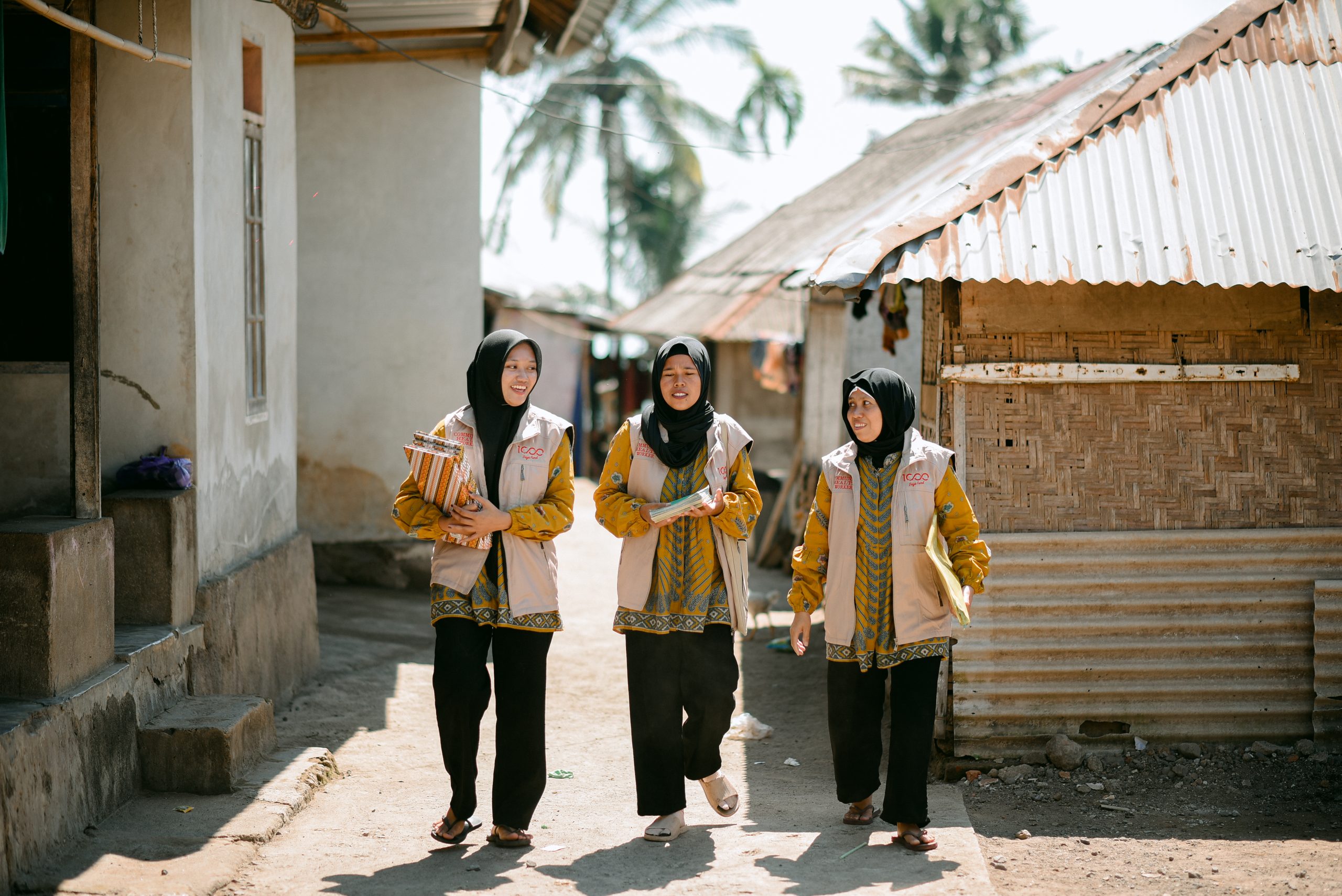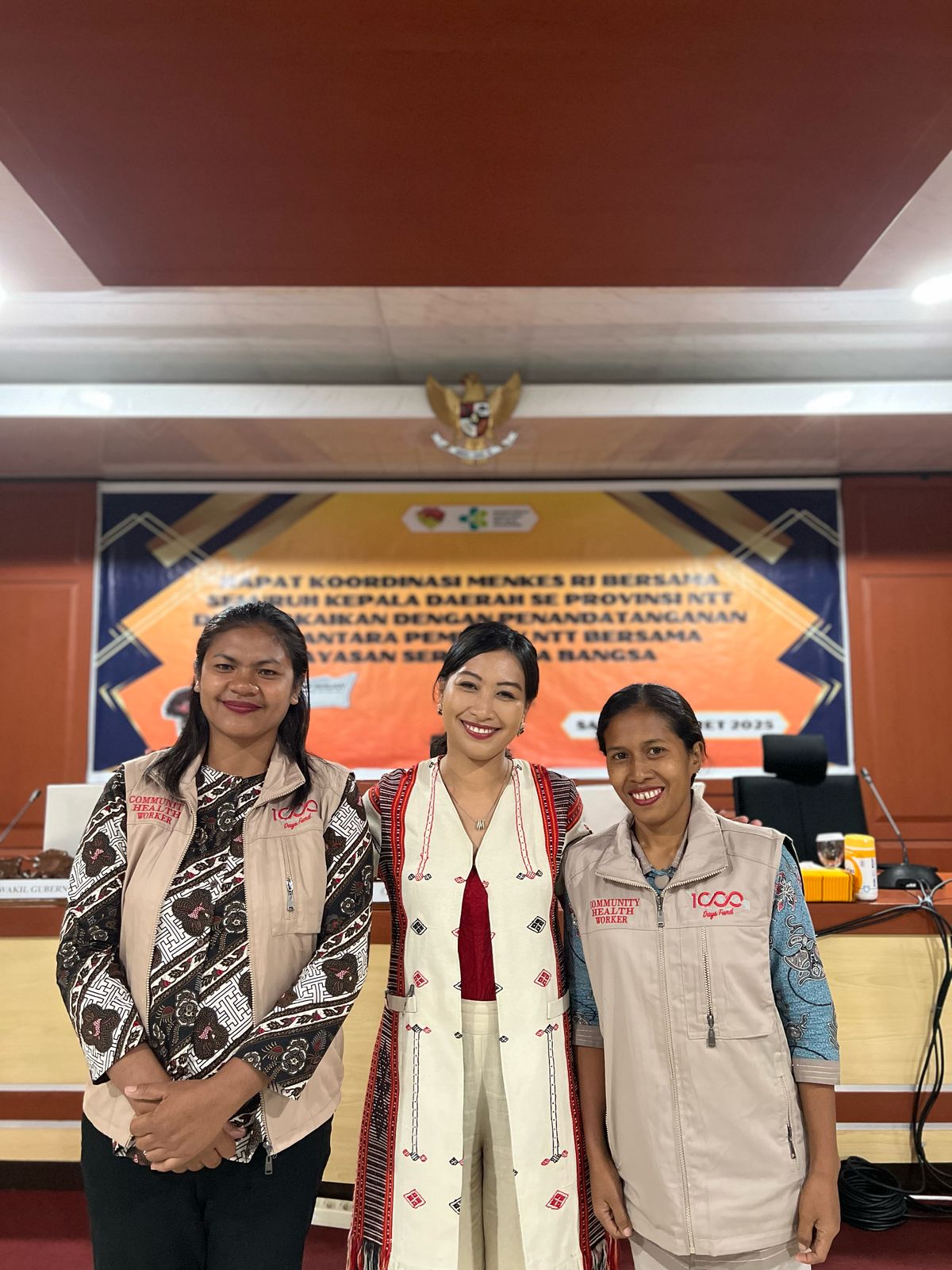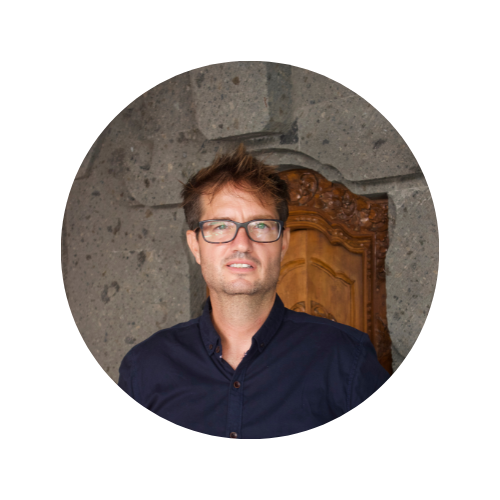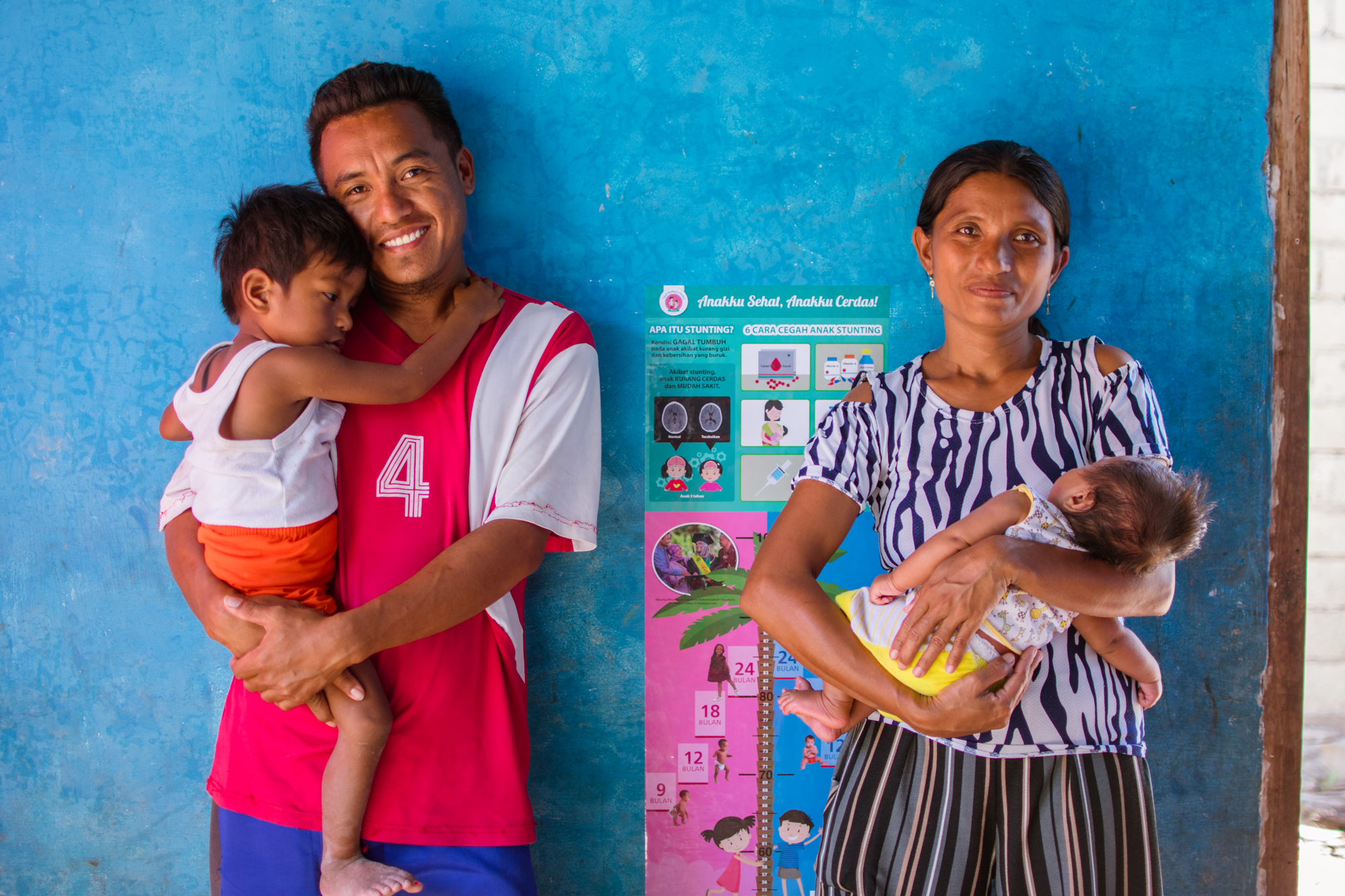Indonesia’s best kept secret is not its pristine beaches, boisterous volcanoes or picturesque island getaways, but its stunting rates, which sit on par with those of sub-Saharan Africa.
Stunting—Indonesia’s silent emergency—is an epidemic impacting 5 million children across 17,000 islands. It shapes bodies, brains, and entire futures before a single birthday is celebrated. Stunting, or low height for age, is caused by insufficient nutrient intake, poor hygiene and frequent infections and is associated with terrible disadvantages. These first 1000 days, of each and every life, from conception to second birthday, are the “golden window.” Miss it, and the damage is often permanent: physical growth stunted, brain development short-circuited, futures compromised. Infections and poor nutrition strike hardest during this period, quietly but irreversibly shaping lives. Simply put, 80% of brain growth happens during the first 1000 days of life.
Forged out of a World Bank pilot back in 2019, the 1000 Days Fund began its work when stunting rates in the province of East Nusa Tenggara were alarmingly high, well over 50%, and numerous one-and-done interventions, parachuting in from Jakarta or Washington DC, were attempting to move the needle. Many of these efforts were operating at the edges of a government-run health system that is already vast, if underutilised. For example, in Indonesia, more than 54,000 community health workers (CHWs) are tasked with providing care for 1.4 million women of reproductive age and 320,000 children under two. The structural assets are there. What was missing was integration—putting these resources at the heart of program delivery, monitoring, and adaptation. In development, well-intentioned efforts to solve persistent problems, like childhood stunting, often follow a frustrating cycle: a promising pilot emerges, data is collected, short-term successes are documented, and then the impact fades. At the root is a structural flaw: new projects frequently create parallel systems that compete for attention and resources, rarely sustain themselves, and generally fail to become part of the routine operations of the countries and communities they aim to serve.

Community health workers from the 1000 Days Fund walk door-to-door in rural Indonesia, delivering essential maternal and child health support where it’s needed most. Source: 1000 Days Fund.
On the other hand, today, thanks to sustained, evidence-driven interventions and deep government engagement, those same districts are seeing average stunting rates drop to just 31%—a testament to the power of long-term, systems-based change. A closer look at East Nusa Tenggara (NTT) demonstrates that 1000 Days Fund model isn’t just another hopeful experiment that fades when the grant cycle ends. In East Nusa Tenggara, the 1000 Days Fund has shown what’s possible when catalytic capital meets a model that prioritises government buy-in, everyday execution, and relentless measurement. It also demonstrates what happens when a model is designed with the government and scale in mind from the get go. After three years of the 1000 Days Fund’s operations, community health workers, once dismissed as volunteers at the margins, are now at the center of our programs, delivering routine care, and driving home visits. This shift away from building something new towards investing in what’s already present turned these “volunteers” into skilled, data-driven agents of change. The numbers are anything but trivial: 11,945 CHWs were certified across 22 districts, reaching 72,917 mothers and children under five.
These CHWs have helped to hammer down stunting rates by as much as 30%, outpacing more than a dozen other districts, and have brought about a 77% drop in low birth weight. Behavioral markers underpinning stunting outcomes have also improved. Exclusive breastfeeding rates in target districts jumped to 78% (national average: 69%), immunisation rates reached 73% (national: 36%) and iron/folic acid supplementation for women hit 72% (national: 44%). These indicators are tied to both government priorities and measurable impacts on child health—behaviors, not just outputs, that matter for long-term outcomes. This is what happens when investment empowers a system to work. If the sector means what it says about impact at scale, this is the kind of bet it should be making. In turn, this incredible shift points to three practical lessons to ensure integration and scale in the field:

Dr. Rindang Asmara, CEO of the 1000 Days Fund, stands with two of NTT’s 54,000 community health workers to mark the signing of a landmark MOU formalising the CHW workforce in one of Indonesia’s most underserved provinces.
- Professionalisation & Training
Taking cues from Community Health Impact Coalition (CHIC), effectively integrated public health efforts treat existing CHWs not as peripheral volunteers, but as central professionals. With consistent, ongoing training that is both blended online and in-person, and adaptable to local constraints, the workforce becomes a mechanism for routine, high-quality interventions. The Kader Academy platform, which has now certified over 10,000 CHWs, illustrates how ongoing training, not one-off workshops, builds lasting skills and improves day-to-day program delivery.
- Policy, Incentives, & Accountability
Sustained outcomes require more than educating people or providing tools. They require structural change, policy changes, formal agreements, and financial commitments that lock in new behaviors from program staff and governments alike. Over the past year, more than 59 district and provincial-level MOUs have created the policy and accountability infrastructure needed for programs to last: regular salaries, defined supervision roles, and ongoing support for CHWs. These policy changes outlive the donor cycle and make it possible for programs to survive shocks and transitions. NTT now serves as a policy blueprint for neighboring provinces.
- Adaptive Measurement in Real Time
Perhaps the most transformative component is effective measurement that centers learning at its core. At the 1000 Days Fund, results are tracked continuously: not just the number of mothers reached, but key performance indicators that match the underlying theory of change, such as numbers of stunting cases averted, improvements in birth weight, and direct behavioral markers like exclusive breastfeeding. With data feeding into digital dashboards accessible by government, CHWs and local stakeholders, adaptation is ongoing, allowing resources to be shifted and strategies changed in response to what the data shows, not simply what was planned.
The broader standard: For donors, practitioners, & policymakers.
The takeaway for the sector is clear. Scalability and sustainability demand humility, especially in working through government, with all its messiness, instead of around it. If an innovation isn’t something a government will pay for, deliver, and adapt over time, it’s a pilot with an expiration date. Rigorous measurement and continuous learning should replace hope and anecdote as the engines of adaptation.
Donors should fund organisations like the 1000 Days Fund with unrestricted multiyear cash and be ready to wait up to five years for results. An organisation that is promising dividends in the first or second year is selling sunshine. Donors, don’t buy it. In fact, the best way to fund organisations like the 1000 Days Fund is to see yourself as a shareholder with a 10% stake in the organisation – an equity stake in impact. In the crowded world of development, models where everyone at the table works from a single, transparent set of proven indicators – no shifting targets, no “what about this” distractions – are the ones that stand out. For those committed to impact that lasts far beyond a grant cycle, the message is simple: this is what the next era of global health leadership looks like: patient, evidence-driven, and rooted where change endures.

Zack Petersen is the Founder and Chief Strategist of the 1000 Days Fund, an NGO run by activists and driven by the unrelenting belief that the only true scalable solution to stunting prevention is to provide mothers with access to trained and confident community health workers. Prior to founding the 1000 Days Fund, Zack worked for the World Bank. He is a graduate of the Fletcher School of Law and Diplomacy and served proudly as a Peace Corps volunteer in Mauritania. Originally from Iowa, Zack lives with his wife and their three girls—Audrey, Sienna and Emma—in Bali. They enjoy making salsa, searching for starfish at low tide, NYT Spelling Bee and cracking dad jokes.
The 1000 Days Fund is transforming Indonesia’s fight against childhood stunting through evidence-based innovation deployed at scale. Established in 2019, the organization coordinates with government and communities to deploy a vast network of trained community health workers who deliver targeted maternal and child health solutions where they’re needed most.
With an unwavering focus on measurable results and iterative learning, the 1000 Days Fund has trained over 61,000 community health workers, conducted more than 364,000 home screenings, and achieved up to a 31% reduction in stunting rates in its target districts. Their low-cost, systems-driven approach leverages existing infrastructure, local ownership, and real-time data to drive sustainable improvements in maternal nutrition and early childhood development.
Endorsed by the Indonesian Minister of Health and serving as a member of the Community Health Impact Coalition, the 1000 Days Fund offers a replicable blueprint for effective stunting prevention—proving what’s possible when evidence, partnership, and relentless execution converge to tackle one of the world’s toughest public health challenges.
Feature image: In districts like Manggarai Barat and Rote Ndao, where stunting once affected more than half of all children, the 1000 Days Fund’s partnership with community health workers and local families has driven stunting rates down by as much as 30% in just three years. Source: 1000 Days Fund.
